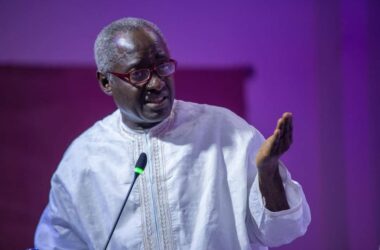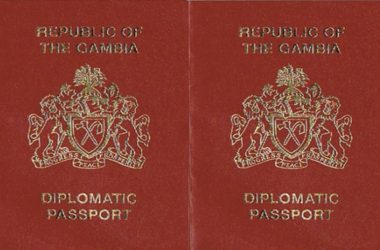In a move that starkly highlights the Gambia Government’s misplaced priorities, authorities have recently dispatched an Immigration Team to Mauritania “to issue national ID cards to Gambian citizens”. On the surface, this appears as a routine bureaucratic gesture — a state reaching out to its citizens abroad. But the deeper irony is impossible to ignore: the same government that mobilizes resources to issue ID cards outside the country refuses, or fails, to make similar arrangements to register diaspora voters.
This contradiction is not only baffling — it is insulting.
The Gambian diaspora, scattered across Europe, the Americas, the Middle East, and Africa, plays a critical role in the socio-economic life of the nation. Year after year, they send home hundreds of millions in remittances, effectively keeping thousands of households afloat and cushioning the national economy. Yet when it comes to enfranchisement — the basic democratic right to vote — they are told it is too difficult, too expensive, or logistically impossible.
The recent ID card mission to Mauritania raises serious questions. How is it feasible to fund and coordinate teams to travel abroad for administrative purposes, but not to register voters? Does this government view Gambians abroad merely as economic assets and not as full citizens with a political voice? Why does it appear more convenient to issue identification for documentation purposes than it is to facilitate voting rights?
Mauritania, while home to many Gambians, is not even among the largest hosts of the diaspora. Yet it was prioritized. Why? Could it be political calculus? If the government can selectively serve certain diaspora communities while denying others voting rights, are we not witnessing a form of strategic disenfranchisement?
The 2021 landmark Supreme Court ruling made it clear: Gambians abroad have the constitutional right to vote. That decision was a victory for democracy and a recognition of the diaspora’s importance. But like so many rulings in The Gambia, its implementation has been sluggish, delayed, and full of excuses.
This is not about technical incapability — it’s about political will.
If the government can send a team to Nouakchott with suitcases of biometric kits, they can certainly send a delegation to register voters in London, New York, Dakar, and Stockholm. If it is too costly, let’s see the cost breakdown. Let’s invite international partners or the diaspora themselves to assist. But don’t hide behind bureaucracy while cherry-picking which rights Gambians abroad can enjoy.

Diaspora Gambians are not second-class citizens. They should not be remembered only during fundraising campaigns or when foreign exchange is tallied. They deserve — and demand — the full rights of citizenship, chief among them the right to vote.
The government must be reminded that selective inclusion is a form of exclusion. If it can organize ID card issuance in Mauritania, it can — and must — organize diaspora voter registration wherever Gambians reside.
To do otherwise is not just hypocrisy. It is an affront to democracy.





